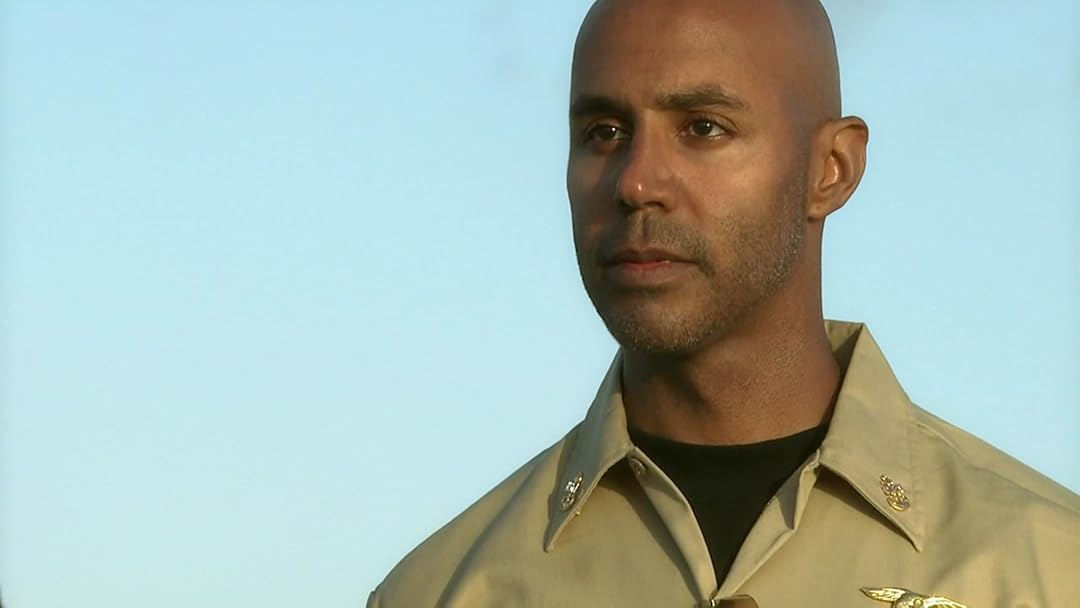They don’t fight for glory—they fight in silence, where no one claps, and every step is a risk.
SEAL Team VI (2008) dives deep into the shadowy world of elite special operations, delivering a gritty, no-frills military thriller that pays tribute to the silent warriors whose missions never make headlines. Loosely inspired by real-world counterterrorism efforts, the film strips away Hollywood gloss to present a more grounded look at the cost of duty and the burden of secrecy.
The story follows an elite U.S. Navy SEAL unit deployed on a covert mission in the Middle East. Their objective: intercept a rogue nuclear shipment before it reaches the hands of a radical terrorist cell. But what begins as a standard black-ops operation soon spirals into a brutal moral quagmire, as loyalties blur, orders conflict, and the line between justice and vengeance fades in the heat of combat.

At the center of the team is Commander Blake Trent (portrayed with quiet intensity by Ken Gamble), a hardened veteran torn between completing the mission and protecting his men. As the unit navigates hostile terrain, betrayal from within, and ethical dilemmas, each SEAL is pushed to his breaking point—not just physically, but emotionally.
Unlike mainstream war films, SEAL Team VI doesn’t rely on flashy action or superhero bravado. Its shootouts are fast, chaotic, and terrifyingly real. The silence before and after the gunfire hits harder than the bullets. Night vision footage, desert heat, and claustrophobic interiors build an atmosphere of relentless tension. The film’s tone is more docu-drama than action blockbuster, highlighting the grim reality behind the myth of modern warfare.

Themes of sacrifice, duty, and the psychological toll of endless conflict are front and center. It asks: what happens when warriors return home—not with medals, but with scars no one sees? And when the mission ends, do the ghosts ever stop following?
SEAL Team VI is not a recruitment poster—it’s a reflection. A salute to those who serve, but also a challenge to the audience: to recognize the human cost of every “mission accomplished.”



